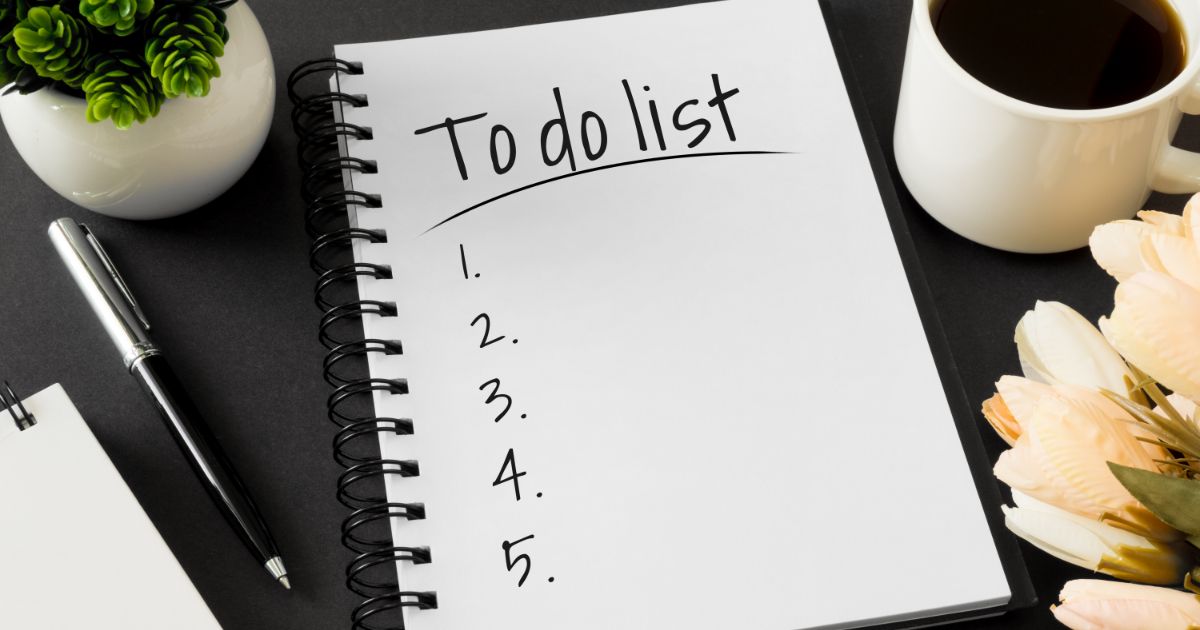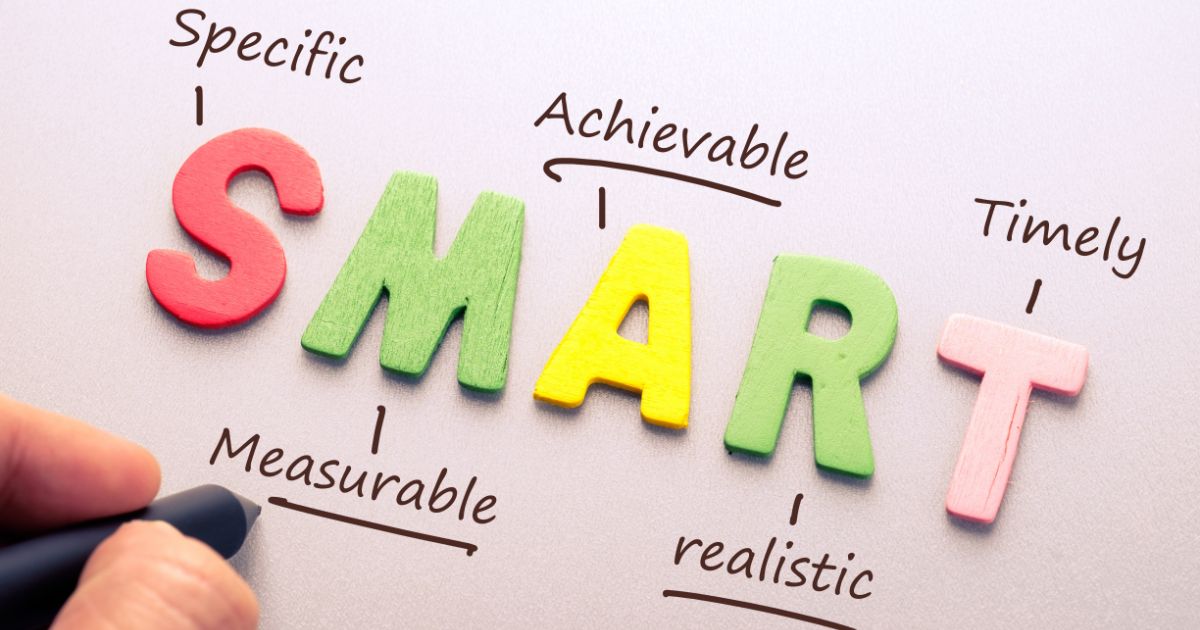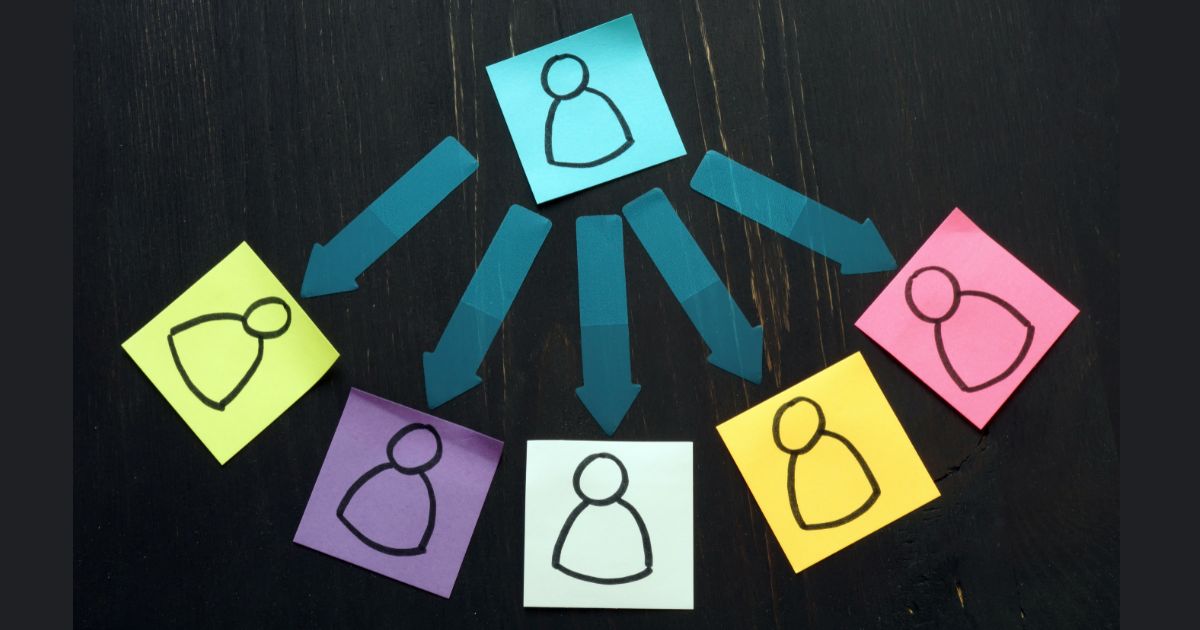10 Techniques for Improving Organizational Skills
Skilltrans presents a selection of related courses to improve organizational skills. Please click on the course name below to learn more:
Productivity: Practical Tools To Stop Wasting your Time
This course is not just about acquiring knowledge; it's about putting that knowledge into action. Through practical exercises and ongoing support, you'll discover tried and tested strategies to become more productive. When you subscribe, you'll have immediate access to a comprehensive educational content that includes, in addition to the videos, multiple ebooks (in pdf format). Perfect for busy professionals, you can complete it at your own pace and on your own time.
Time Management: The Art of Mastering Time
Start your transformative journey with our "Time Mastery" course, where you'll discover practical and easy-to-implement strategies to make the most of every moment in your day, strike a harmonious balance between work and personal life, and gain control over your time, ultimately leading to enhanced productivity, reduced stress, and a pathway to success in both your professional and personal pursuits.
Designed for individuals from all walks of life, this course introduces you to the art of effective time management without overwhelming jargon or complex theories, focusing on real-world scenarios and relatable examples. Learn to create a personalized daily routine that aligns with your goals, conquer procrastination, and master stress management techniques.
Time Management & Productivity - Deep Dive
To use your time effectively, you need to engineer your time smartly. Time Management is one of the most valuable yet easy skills to acquire in this information age, where we are constantly getting sidetracked by emails, direct messages, apps, app notifications, etc., there is a time for focus, and there is a time for distractions, you can’t focus while you are distracted but the opposite is often not true, you can very well get distracted while you are focusing on work.
This course is designed to not make you a machine, but to make you more productive while having ample amounts of time to have fun, travel, and work on your hobbies or side hustles.Stephen Covey said, "The key is not to prioritize what's on your schedule, but to schedule your priorities." Organizational skills have always been an essential factor in a person's success. However, the journey to making this skill a part of your personality will be vague and have many different directions.
To make it clearer what one needs to do to train, Skilltrans will provide a list of proven techniques for improving your organizational skills. Consistent application of the following actions will gradually build up organizational discipline within you.
Prioritize Tasks with To-Do Lists

The to-do list is probably the most effective way for those who struggle with forgetfulness.
One method for improving organizational skills is to break down tasks into smaller, actionable items and rank them by priority. It makes large, complex projects more manageable so you can focus on completing one step at a time.
Skilltrans recommends you use the Eisenhower Matrix - a method that categorizes tasks based on urgency and importance.
You group tasks into four quadrants — urgent and important, important but not urgent, urgent but not important, and neither urgent nor important. Based on this table, you can prioritize effectively and tackle the most critical items first.
Time Management Techniques
We work 8 hours a day, 40 hours a week. However, the most effective way to work is not to try to focus 100% and work at full capacity during these hours.
Science has proven that short breaks are more effective. The Pomodoro Technique instructs us to work in focused 25-minute intervals, followed by a 5-minute break. This way, it boosts concentration and prevents burnout.
Another method that should be more widely known is time blocking. You apply this method by scheduling specific tasks during set periods. Based on that, each task has a dedicated slot in your day.
Declutter and Maintain an Organized Workspace
Studies show that a well-organized, neat workspace positively impacts work efficiency. On the contrary, a messy workspace can make you lose all inspiration to work.
Possible jobs include organizing everything from your files, emails, and documents to keeping your desk free of unnecessary clutter.
A good tip is to discard or archive items that are no longer needed regularly and group related materials together, making them easy to find when necessary.
So, you can reduce distractions caused by a messy environment and ensure you can quickly access the resources you need, ultimately saving time and boosting efficiency.
Use Organizational Tools and Apps
You should know utilizing digital tools like Trello, Asana, Google Calendar, or Notion is an effective method for improving task management, scheduling, and project planning. By using these tools, you can create visual workflows, organize tasks, and track progress in real time.
Set SMART Goals

In 1981, George T. Doran introduced the concept of SMART Goals in a paper titled “There’s a S.M.A.R.T. way to write management’s goals and objectives.” Doran outlined the importance of setting specific and measurable goals as a way to improve organizational and personal performance.
Although the SMART framework was initially applied in the context of business and management, due to its broad effectiveness, Smart Goal is applied in many other fields. So there's no reason why you shouldn't apply SMART goals to your organizational plans.
Setting SMART goals - Specific, Measurable, Achievable, Relevant, and Time-bound - for effective goal-setting and organizational success.
SMART goals give you clear direction and measurable milestones. Besides, it maintains motivation and boosts productivity as you see tangible results from your efforts.
Establish Routines
Did you know that starting your day the right way can also improve your organizational skills? A great way to start the day is by reviewing your plan. That plan will be scheduled the night before for the purpose you will start fresh with a clear direction in the next morning.
When you know what to expect at different times of the day, you eliminate the constant need to decide what to do next. It frees up mental energy for more important decisions and increases your overall efficiency, leading to a more productive workday.
Limit Multitasking to effective organizational activities
Organizational skills are not just about what you do but also about how you do it.
Concentrating on one task at a time is a proven way to enhance focus and productivity.
Multitasking can often lead to scattered attention and lower-quality work, so dedicating your attention to a single task allows for deeper engagement and better outcomes.
You can implement the two-minute rule to tackle small tasks efficiently. If something takes less than two minutes to complete - like replying to a quick email or organizing a file - do it right away. The benefits it brings prevent procrastination and keep minor tasks from piling up, freeing your mental space for more complex tasks later on.
Learn to Delegate

Delegating tasks to others is a smart organizational strategy, particularly when those tasks are time-consuming but not essential to your specific role.
When you assign work to others who are capable, you free up valuable time to focus on more critical tasks that require your expertise and attention. It lightens your workload while responsibilities are distributed effectively across your team.
One note when delegating is to clearly communicate your expectations and provide specific deadlines. Don't forget to provide guidance, but also allow autonomy.
Regularly Review and Adjust Systems
Over time, the effectiveness of certain methods can change, so you need to periodically review how well your current strategies are working.
Take the time to evaluate which tools, techniques, or habits contribute most to your success. You refine the strategies that work best and eliminate or modify those that don't. Small tweaks can often lead to better results, so constantly fine-tuning your approach is key to staying efficient.
Minimize Distractions
Minor distractions have power break your workflow.
When starting any work in your organizational plan, identify common distractions, such as social media or unnecessary meetings. Once you've recognized these distractions, create strategies to minimize or avoid them. For example, setting specific times to check emails or using apps to block distracting websites during work hours can help you stay focused and avoid wasting time.
A simple yet effective way to reduce distractions is by turning off non-essential notifications on your phone or computer. You can also choose to work in a quiet environment where interruptions are less likely to occur.
Skilltrans presents a selection of related courses to improve organizational skills. Please click on the course name below to learn more:
Productivity: Practical Tools To Stop Wasting your Time
This course is not just about acquiring knowledge; it's about putting that knowledge into action. Through practical exercises and ongoing support, you'll discover tried and tested strategies to become more productive. When you subscribe, you'll have immediate access to a comprehensive educational content that includes, in addition to the videos, multiple ebooks (in pdf format). Perfect for busy professionals, you can complete it at your own pace and on your own time.
Time Management: The Art of Mastering Time
Start your transformative journey with our "Time Mastery" course, where you'll discover practical and easy-to-implement strategies to make the most of every moment in your day, strike a harmonious balance between work and personal life, and gain control over your time, ultimately leading to enhanced productivity, reduced stress, and a pathway to success in both your professional and personal pursuits.
Designed for individuals from all walks of life, this course introduces you to the art of effective time management without overwhelming jargon or complex theories, focusing on real-world scenarios and relatable examples. Learn to create a personalized daily routine that aligns with your goals, conquer procrastination, and master stress management techniques.
Time Management & Productivity - Deep Dive
To use your time effectively, you need to engineer your time smartly. Time Management is one of the most valuable yet easy skills to acquire in this information age, where we are constantly getting sidetracked by emails, direct messages, apps, app notifications, etc., there is a time for focus, and there is a time for distractions, you can’t focus while you are distracted but the opposite is often not true, you can very well get distracted while you are focusing on work.
This course is designed to not make you a machine, but to make you more productive while having ample amounts of time to have fun, travel, and work on your hobbies or side hustles.
Conclusion
Improving your organizational skills is a continuous process for building thoughtful strategies and regular adjustments. Remember, building strong organizational habits takes time, but with consistent effort, you'll experience less stress, better focus, and more success in achieving your goals.
Soft skills are always an advantage in work as well as in life, you can improve your skills through Skilltrans courses. Register now to receive the most attractive offers!

Meet Hoang Duyen, an experienced SEO Specialist with a proven track record in driving organic growth and boosting online visibility. She has honed her skills in keyword research, on-page optimization, and technical SEO. Her expertise lies in crafting data-driven strategies that not only improve search engine rankings but also deliver tangible results for businesses.



